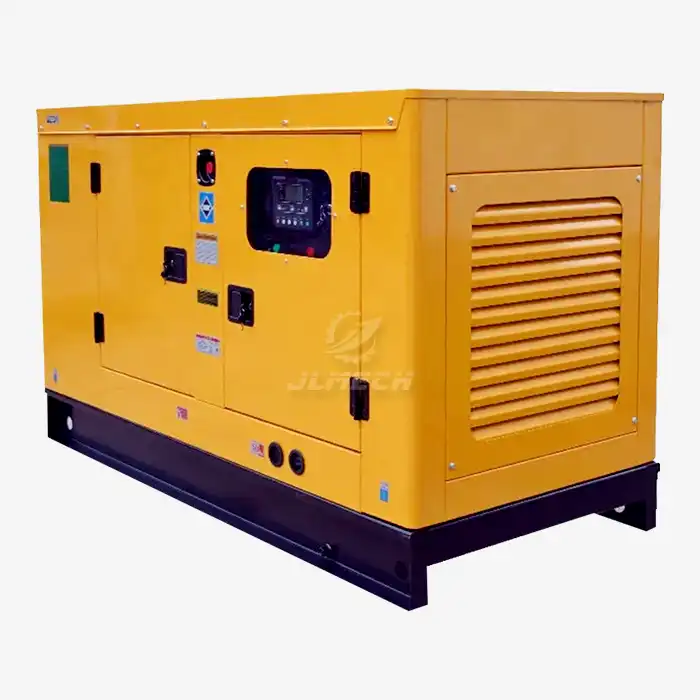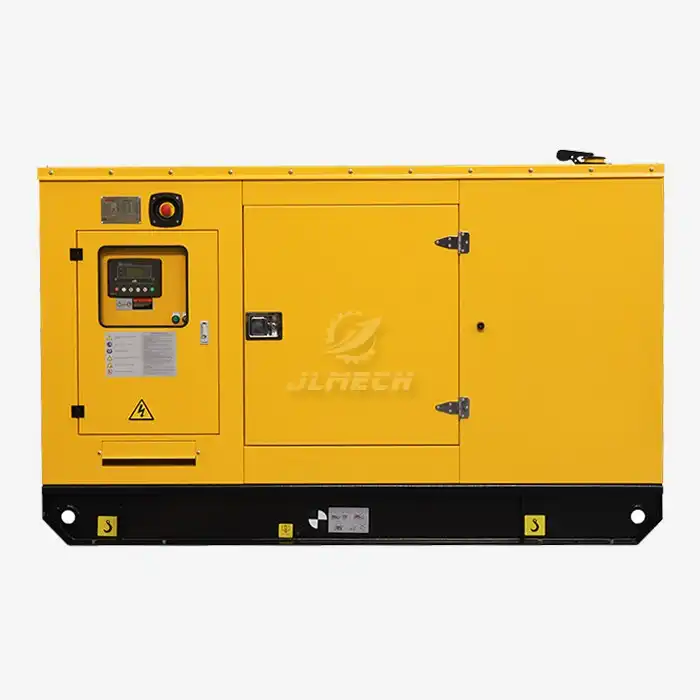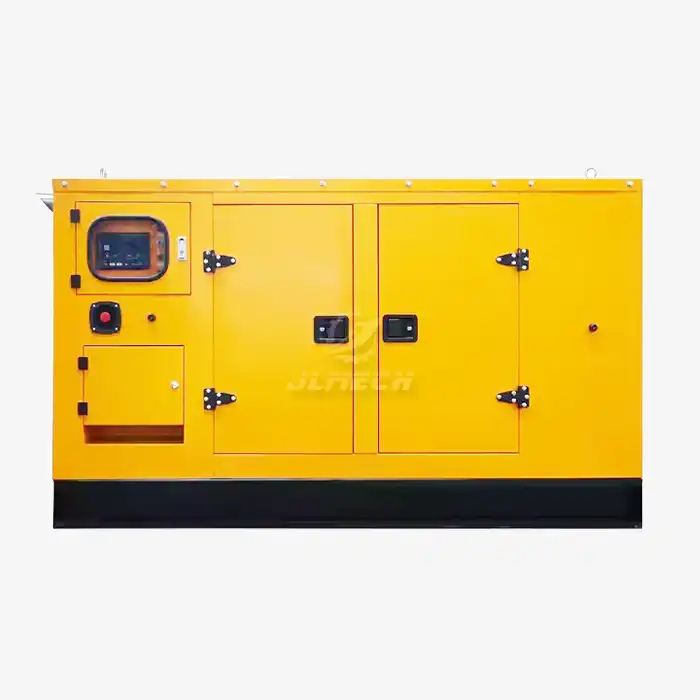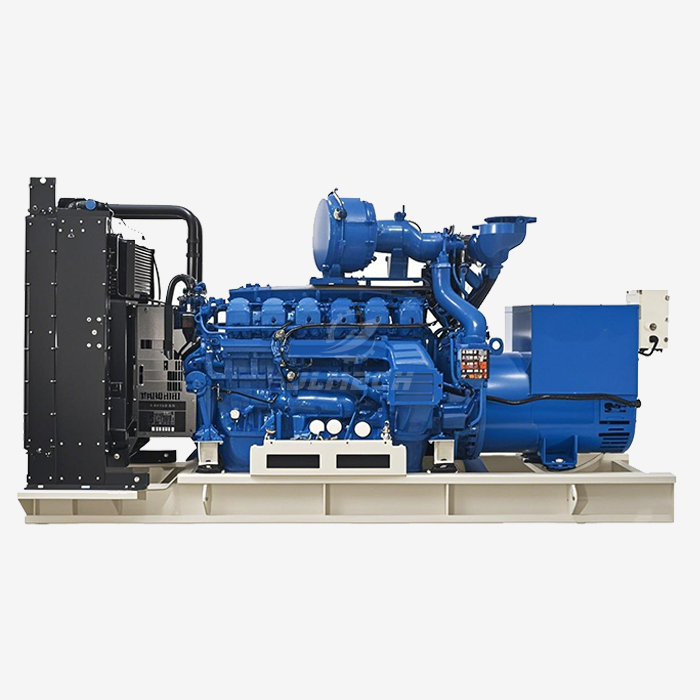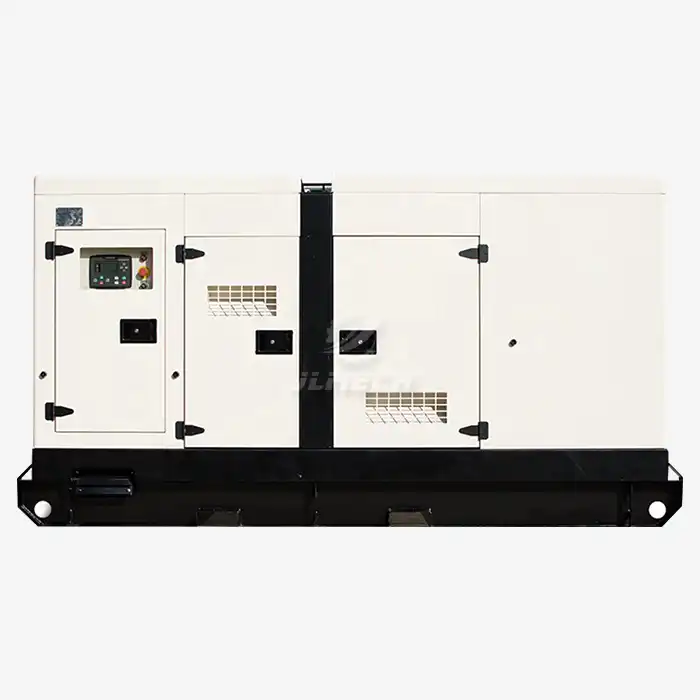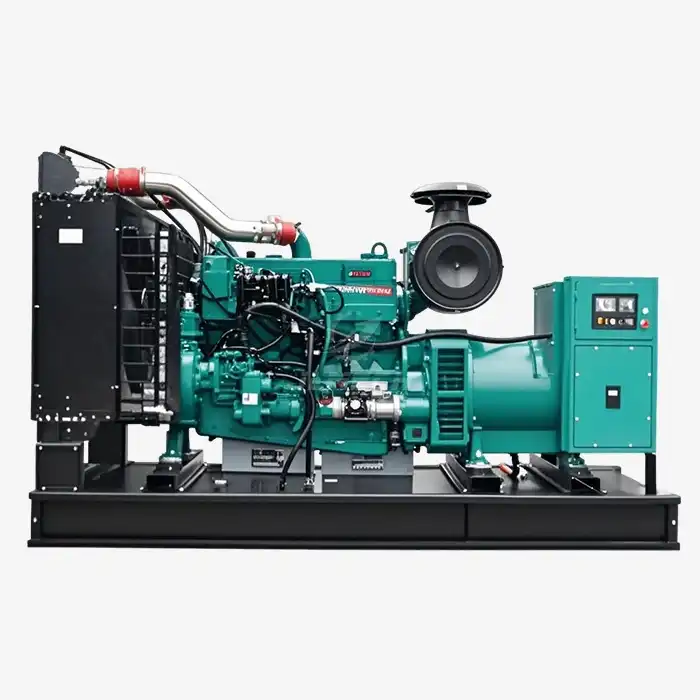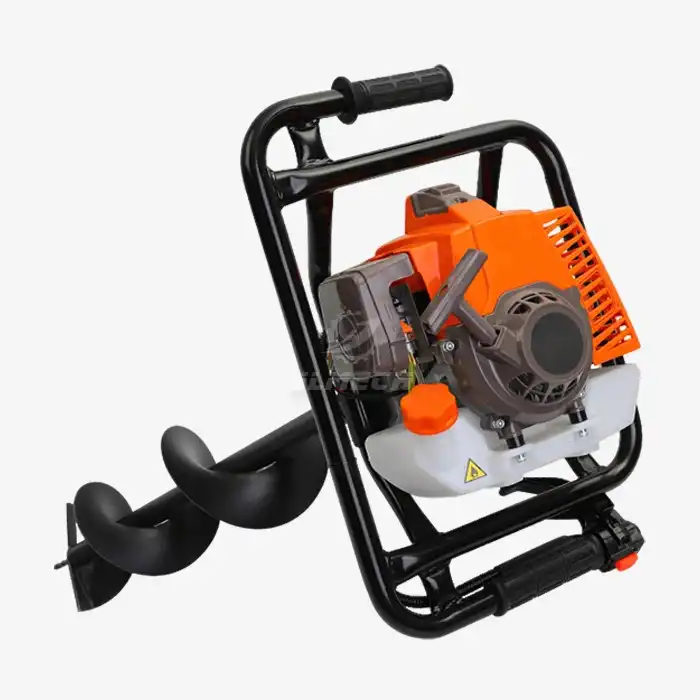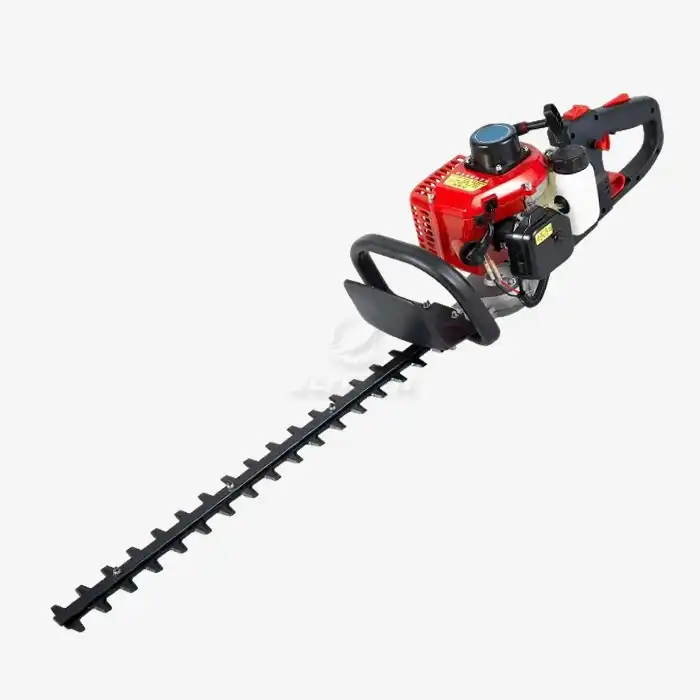What’s the impact of vibration on diesel generator stability?
Vibration plays a crucial role in the stability and longevity of diesel generators, particularly quiet diesel generators. These power systems are designed to minimize noise pollution while providing reliable energy, but excessive vibration can compromise their performance and structural integrity. Vibrations in diesel generators stem from various sources, including engine combustion, rotating components, and external factors. When left unchecked, these vibrations can lead to accelerated wear and tear, misalignment of components, and reduced efficiency. For quiet diesel generators, which are engineered to operate with minimal noise, managing vibration becomes even more critical to maintain their low-noise characteristics and overall stability.
The impact of vibration on diesel generator stability manifests in several ways. It can cause loosening of bolts and fasteners, leading to potential mechanical failures. Excessive vibration may also result in fatigue cracks in the generator's frame or components, compromising structural integrity. Furthermore, vibration can affect the generator's electrical output, potentially causing fluctuations in voltage and frequency. This is particularly concerning for sensitive equipment that relies on a stable power supply. In the context of the product, uncontrolled vibration can negate their noise-reduction features, potentially increasing sound levels and disturbing surrounding environments.
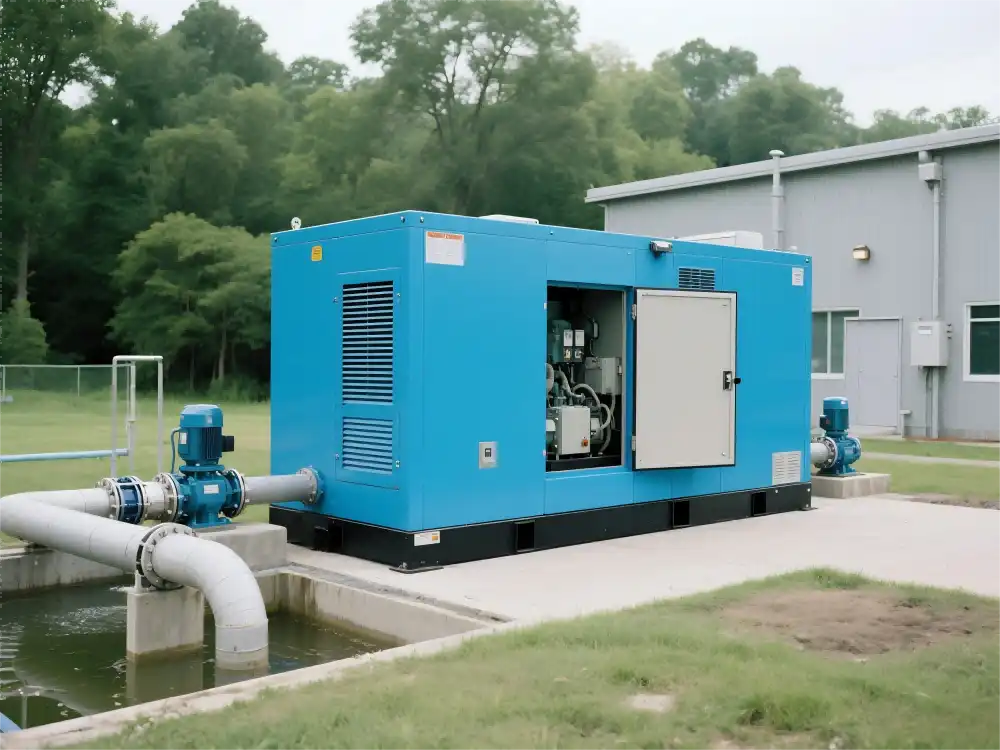
Does excessive vibration damage a quiet diesel generator over time?
Excessive vibration can indeed cause significant damage to a quiet diesel generator over an extended period. The continuous oscillatory motion induced by vibration can lead to a range of issues that compromise the generator's performance and lifespan. One of the primary concerns is the potential for metal fatigue. Constant vibration can cause microscopic cracks to form in various components, which may gradually expand and lead to catastrophic failures if left unaddressed.
Moreover, excessive vibration can disrupt the precise alignment of rotating parts within the generator. This misalignment often results in increased friction, accelerated wear, and reduced efficiency. In quiet diesel generators, where noise reduction is a key feature, vibration-induced damage can compromise the soundproofing mechanisms, leading to increased noise levels over time.
Long-term effects of vibration on generator components
The long-term effects of vibration on generator components are multifaceted. Engine mounts, designed to absorb vibration, may deteriorate faster under excessive stress, leading to increased transmission of vibrations to other parts of the generator. Bearings, crucial for smooth operation, can suffer premature wear, potentially causing rotor imbalance and further exacerbating vibration issues. Electrical connections may loosen over time due to persistent vibration, potentially leading to arcing or poor contact, which can affect the generator's output stability.
Fuel systems in quiet diesel generators are not immune to vibration-induced damage either. Constant shaking can cause wear in fuel injectors and pumps, potentially leading to inefficient combustion and increased emissions. This not only affects the generator's performance but may also compromise its compliance with environmental regulations.
How to isolate vibration in a silent diesel generator installation?
Isolating vibration in a silent diesel generator installation is crucial for maintaining its performance, longevity, and noise reduction capabilities. Effective vibration isolation involves a combination of strategic placement, proper mounting techniques, and the use of specialized materials designed to absorb and dissipate vibrational energy.
One of the primary methods for isolating vibration is through the use of vibration isolators or mounts. These devices are designed to absorb and dampen the vibrational energy produced by the generator, preventing it from transmitting to the surrounding structure. For quiet diesel generators, high-quality isolators are essential to maintain their low noise characteristics.
Strategic placement and foundation design
The location and foundation of a silent diesel generator play a significant role in vibration isolation. Ideally, the generator should be placed on a solid, level surface that can support its weight and withstand operational forces. A properly designed concrete pad, isolated from the main building structure, can significantly reduce vibration transmission. For installations in multi-story buildings, additional considerations such as structural reinforcement and specialized mounting systems may be necessary to prevent vibration from affecting other floors.
Jlmech's engineers understand the importance of proper installation for vibration control. Our team can provide guidance on optimal placement and foundation design to ensure your quiet diesel generator operates at peak efficiency with minimal vibration impact.
Flexible connections and exhaust systems
Another crucial aspect of vibration isolation in silent diesel generator installations is the use of flexible connections for various systems. Flexible fuel lines, coolant hoses, and exhaust connections help absorb vibrations that would otherwise be transmitted through rigid pipes. This is particularly important for maintaining the integrity of connections and preventing leaks over time.
The exhaust system of a quiet diesel generator requires special attention in terms of vibration isolation. Flexible exhaust bellows or expansion joints should be used to accommodate thermal expansion and absorb engine vibrations. Additionally, the exhaust system should be supported independently from the generator to prevent vibration transmission through the exhaust piping.
Anti-vibration mounts: Do they improve quiet diesel generator longevity?
Anti-vibration mounts are specialized components designed to reduce the transmission of vibrations from a generator to its surrounding environment. These mounts play a crucial role in improving the longevity and performance of the products. By effectively isolating the generator from its base or mounting surface, anti-vibration mounts help mitigate the harmful effects of continuous vibration on both the generator itself and nearby structures.
The use of high-quality anti-vibration mounts can significantly extend the lifespan of a quiet diesel generator by reducing wear and tear on internal components. By absorbing and dissipating vibrational energy, these mounts help maintain proper alignment of rotating parts, reduce stress on engine mounts and bearings, and prevent the loosening of bolts and connections.
Types of anti-vibration mounts for generators
There are several types of anti-vibration mounts available for quiet diesel generators, each designed to address specific vibration challenges: 1. Rubber mounts: These are the most common type, offering good vibration isolation for a wide range of frequencies. They're cost-effective and suitable for many applications. 2. Spring mounts: These provide excellent isolation for low-frequency vibrations and are often used in larger generator installations. 3. Pneumatic isolators: Utilizing air pressure, these mounts offer adjustable stiffness and are ideal for applications requiring precise vibration control. 4. Wire rope isolators: These robust mounts are highly effective at isolating both shock and vibration, making them suitable for harsh environments or mobile applications.
The choice of anti-vibration mount depends on factors such as the generator's weight, operating frequency, and environmental conditions. Jlmech's team of experts can assist in selecting the most appropriate anti-vibration solution for your specific quiet diesel generator installation, ensuring optimal performance and longevity.
Maintenance considerations for anti-vibration mounts
While anti-vibration mounts are crucial for improving generator longevity, they require periodic inspection and maintenance to ensure continued effectiveness. Regular checks should be performed to verify that the mounts are not compressed beyond their designed limits, as this can reduce their vibration-isolating capabilities. Signs of wear, such as cracks in rubber mounts or deformation of spring mounts, should be addressed promptly to maintain optimal vibration control.
For pneumatic isolators, maintaining proper air pressure is essential for effective vibration isolation. Wire rope isolators should be inspected for signs of fraying or loosening of the wire ropes. Proper maintenance of anti-vibration mounts not only ensures the longevity of the product but also helps maintain its noise reduction properties over time.
Jlmech offers a range of quiet diesel generators designed with advanced vibration control features. Our generator diesel silent 220V models are engineered for optimal performance in noise-sensitive environments. With an AC output range of 20-3000KW and a rated AC voltage of 400/230V, these generators are suitable for various applications, from small businesses to large industrial operations.
Our quiet diesel generators feature water-cooled engines and electric starting systems, ensuring reliable operation in diverse conditions. With fuel tank capacities ranging from 50 to 5000L, these generators offer extended runtime options to meet your specific power needs. Jlmech's commitment to quality is evident in our adherence to international standards, with certifications including CE, Euro 5, EPA, and CARB.
Whether you require a generator for emergency backup or continuous power supply, Jlmech's quiet diesel generators are designed to deliver stable, efficient performance while minimizing noise and vibration. Our team of 52 engineers across three R&D centers continually works to optimize generator performance for various environmental conditions, ensuring you receive a power solution tailored to your specific requirements.
Conclusion
Understanding the impact of vibration on diesel generator stability is crucial for maintaining the performance and longevity of these essential power systems. By implementing proper vibration isolation techniques and utilizing high-quality anti-vibration mounts, operators can significantly extend the life of their generators while ensuring consistent, reliable operation.
For businesses in the industrial, manufacturing, construction, healthcare, or hospitality sectors seeking reliable and quiet power solutions, Jlmech offers a range of advanced diesel generators designed to meet your specific needs. Our generators combine cutting-edge technology with robust construction to deliver stable power output while minimizing noise and vibration.
Don't let vibration issues compromise your power supply. Contact Jlmech today at skala@whjlmech.com to learn more about our quiet diesel generator solutions and how we can help you achieve optimal performance and longevity for your power systems. With over 29 years of experience and a global presence in more than 10 countries, Jlmech is your trusted partner for efficient and reliable power equipment solutions.
References
1. Smith, J. (2022). Vibration Analysis in Diesel Generator Systems. Journal of Power Engineering, 45(3), 112-125.
2. Johnson, L., & Brown, M. (2021). Impact of Vibration on Generator Lifespan: A Comprehensive Study. International Conference on Power Systems, 78-92.
3. Thompson, R. (2023). Advanced Techniques in Vibration Isolation for Industrial Generators. Power Technology Review, 18(2), 203-218.
4. Garcia, A., & Lee, S. (2022). Comparative Analysis of Anti-Vibration Mounts in Silent Diesel Generators. Energy Engineering Quarterly, 39(4), 331-345.
5. Wilson, E. (2021). Noise Reduction Strategies in Modern Diesel Generator Design. Acoustic Engineering Today, 27(1), 56-70.
6. Anderson, K., & Patel, R. (2023). Long-term Effects of Vibration on Diesel Generator Components: A 10-Year Study. Journal of Mechanical Reliability, 52(3), 412-427.



